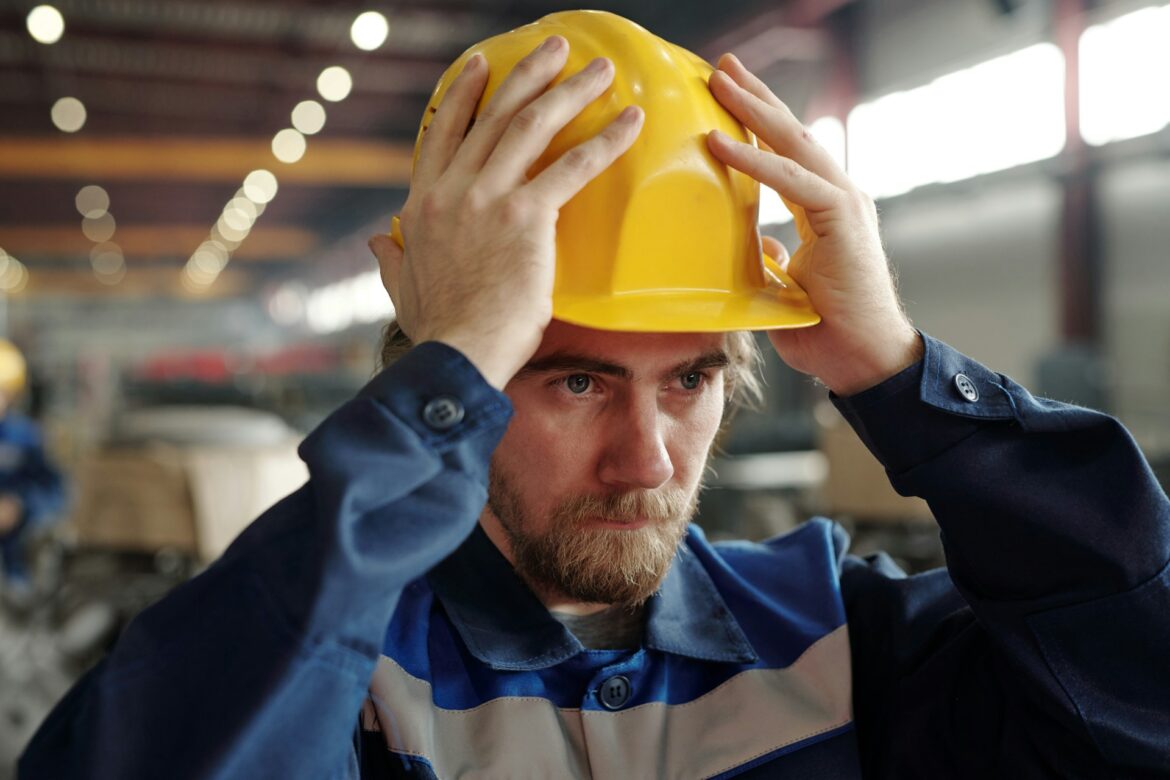We have a crisis brewing within North America, and it’s not what you may expect. The construction industry is bred on “masculine” and “strong” individuals that don’t need help, and ultimately do not ask for it.
Stereotypes are crippling the people who work hard to build roads, bridges, and buildings, mainly because we believe they should be as “hard as the concrete they work with.”
According to the Building Trade Employers’ Associations New York Chapter, construction workers are facing alarming statistics:
- Construction workers are four times more likely to die by suicide than the average American
- They are six times more likely to die from suicide than on-the-job injuries.
Construction workers have a 65 per cent higher suicide rate than workers in all other sectors, according to the U.S. Centers for Disease Control and Prevention. It is believed that within Canada, the statistics are similar, however there is a lack of data collection as the country does not break down statistics by sector as the United States does.
What is known, however, is that the Canadian Mental Health Association and the Centre for Addiction and Mental Health state that approximately 4,000 Canadians per year die by suicide and it is the second leading cause of death in men between the ages of 25 and 54.
These rates highlight the urgent need for enhanced support and resources throughout the industry. This is not a fight that can be done on its own and our industry needs to band together to support our people.
What employers can do to help
As an Employer, there are items that we can do to help support our employees. They include:
- Conduct an assessment of your workplace to determine if it is Psychologically Safe for your employees (including identifying work-related stressors which can negatively impact mental health). We need to change the “tough guy” language we use on construction sites and this is a first step to ensure our employees are adequately supported.
- Foster a work environment that employees feel comfortable talking about problems that have an impact on them (both work related and personal).
- Assess the need for Naloxone Kits within your workplace. Along with higher suicide rates, there is also concerns for Opioid Overdoses on Construction sites. Have Naloxone Kits available and train all employees on how to use them correctly.
- Provide Mental Health Education and Resources to all employees, not just office staff. It is important that these resources be provided the time they need to field level workers (which is not always easy and they work long grueling hours). If you make it important, your workers will feel in is important.
- Make the Suicide Crisis Helpline information available. 9-8-8 Suicide Crisis Helpline. Available in English & French, Phone or text 24/7
It is crucial that our construction industry bands together to help fight this crisis. The more we can do as employers, the better chance our employees have to survive.
We can do this, we can support each other, we can create the change we need to help our people. It’s time to prioritize mental health and well-being.





